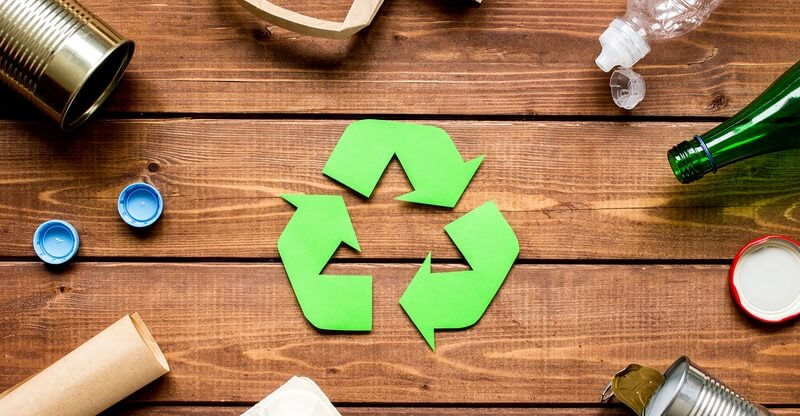Sustainable packaging options: Protecting nature
Overview
Piles of garbage on beaches and in oceans, melting glaciers, record droughts, forest fires — all of them point towards one thing; the negative impact of human activities on the environment.
As we live and thrive on this planet, we have specific responsibilities upon our shoulders. One of them is to minimize our hateful activities towards the mother nature, and take whatever measures necessary to reduce the effects of what we have already done to damage it.
Alongside other activities that negatively impact the physical health of the planet, unsustainable plastic packaging is one of the factors which hugely degrades the quality of life of our entire world.
We, as human beings residing here, should adhere to our responsibilities attentively and passionately. To minimize the effect of your business’ packaging and shipping needs, here are some sustainable packing options to explore.
1. PLA packaging
PLA, which stands for Polyacetic Acid, is made from renewable resources like sugarcane and corn starch. It’s a natural polymer that is extracted and processed to replace the widely used petroleum-based plastics like PET.
PLA plastics are used in food processing industries to make plastic films and compostable packaging containers for food.
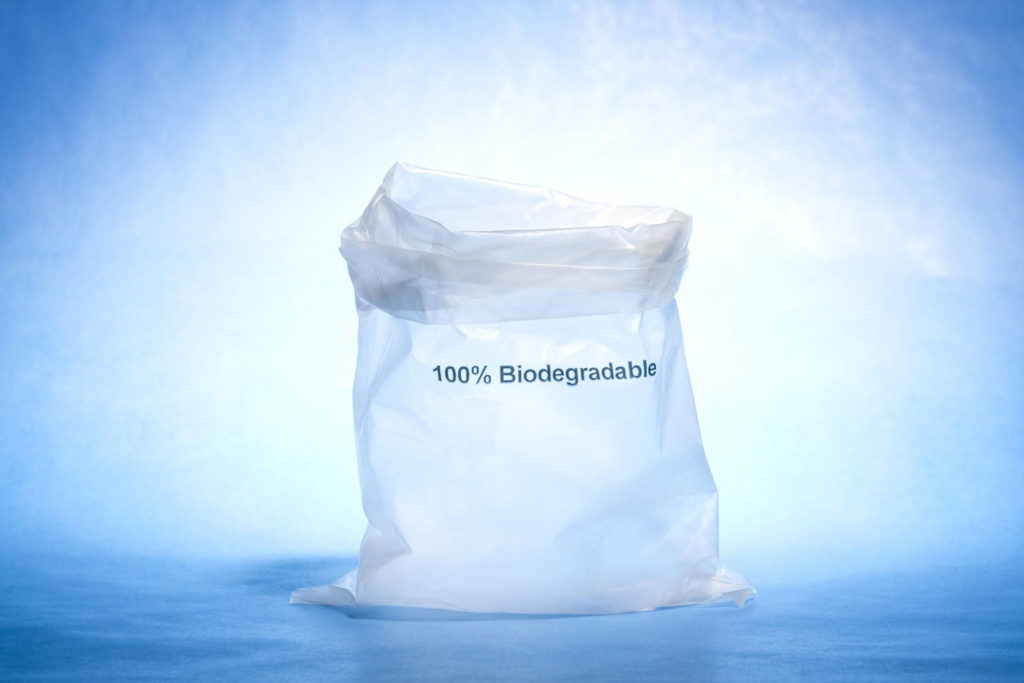
2. Mycelium packaging
One of the better sustainable packaging options available to date is mycelium packing, also known as mushroom packaging in simpler terms.
Mycelium packaging uses agricultural wastes that are added to mushroom roots to produce organic and biodegradable packing material.
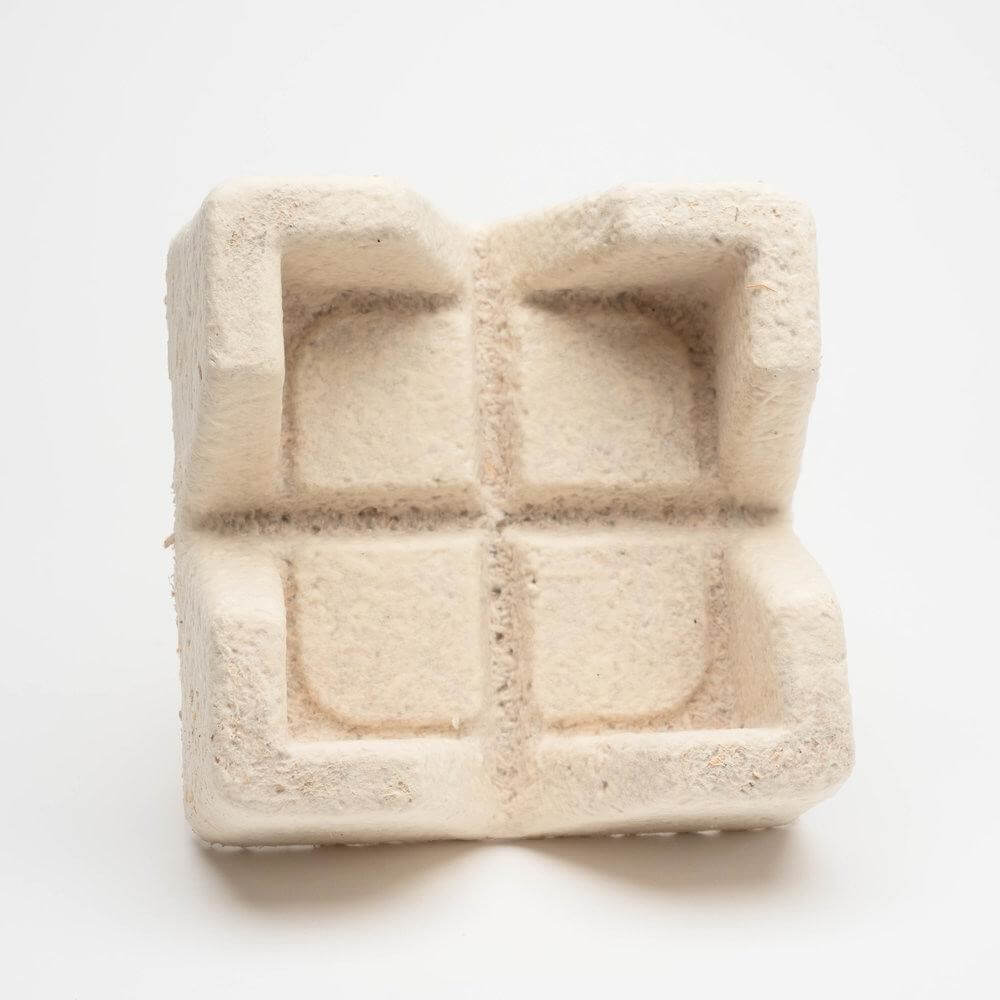
3. Organic fabric
Instead of using disposable plastic bags for carrying and transporting products, natural fibers are a better sustainable packaging option.
These organic fibers include several types of recycled materials like cotton, hemp, tapioca, palm leaves, and more. Bags made out of these organic materials are both reusable and eco-friendly.

4. Bagasse-based products:
For a long time, Styrofoam is used for the packing of fragile and sensitive objects. Styrofoam is a light and airy material that is very useful to protect fragile objects from shocks and hits. Since it is non-biodegradable and recycling the product is not feasible economically, it often ends up in oceans and rivers.
Bagasse-based products are an eco-friendly alternative to Styrofoam products. It is made by processing sugarcane waste under high-pressure and high-temperate. This substance can be molded into various shapes and can be used in the packaging of hot, wet, and oily foods.
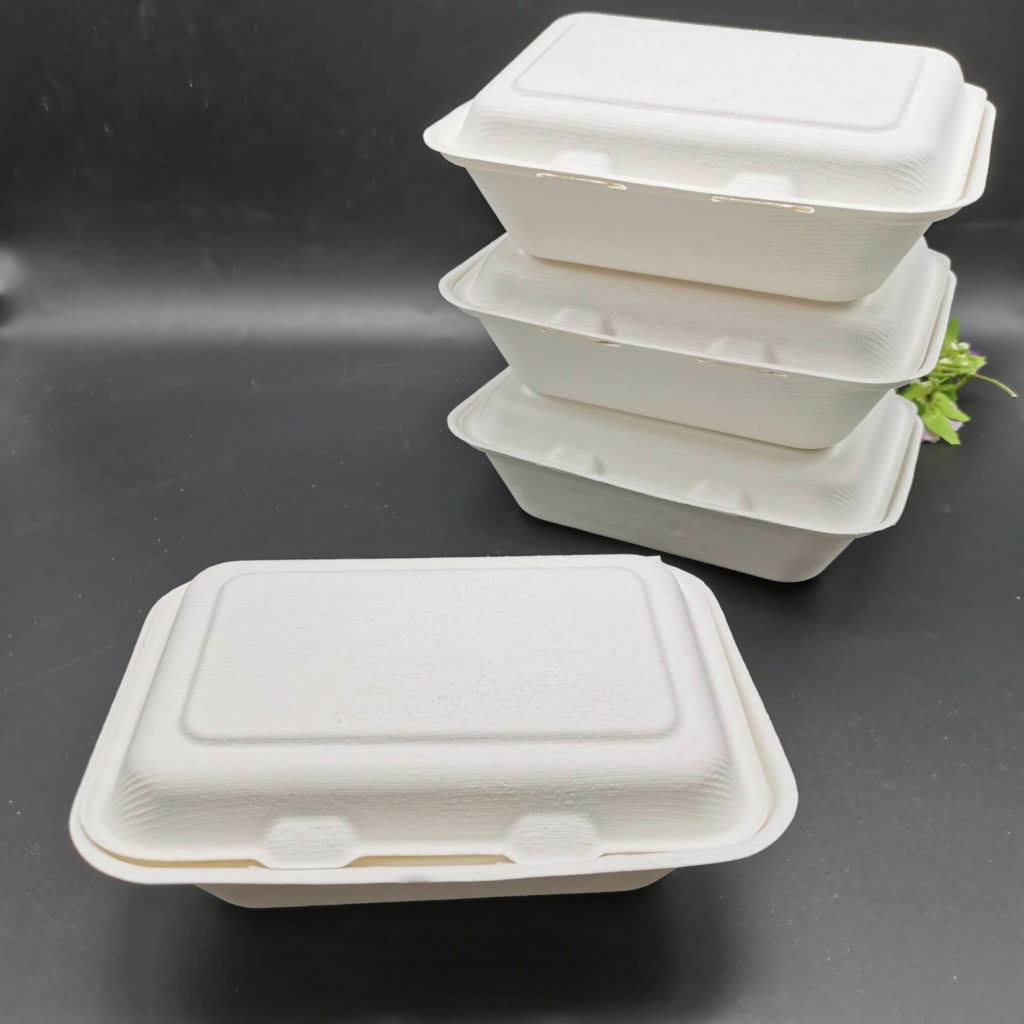
5. Recycled plastic
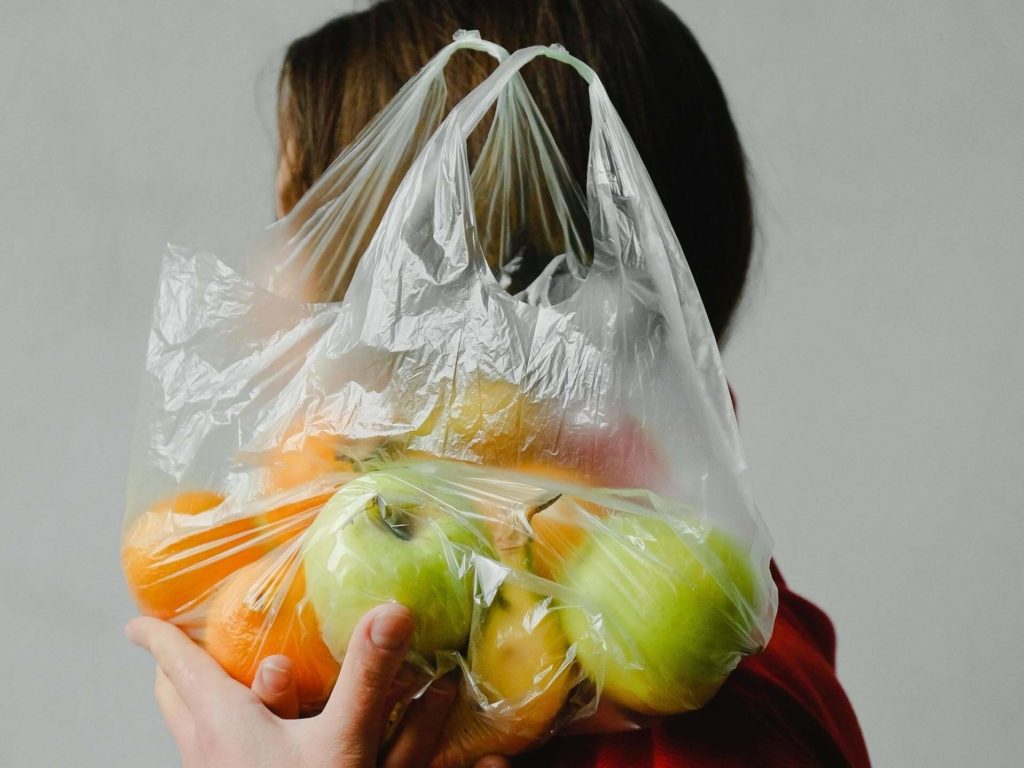
In its endeavor to create a sustainable world, Labh Group promotes the use of compostable packaging materials. You can read more about our Corporate Responsibilities, which are integrated into the business model of LabhGroup.
Liked this article? Share it on:
Featured insights and blogs

The secret to cultivating operational excellence
A big focus area across industries is continuous improvement. Companies are under extreme pressure to perform but operational complexities hinder from realising intended outcome.

Make your factory smart for higher profitability
The smart factory is the factory of the future. It is one where processes are interconnected, and continuously improving production systems and processes. In simple terms, it is ‘intelligent manufacturing.’
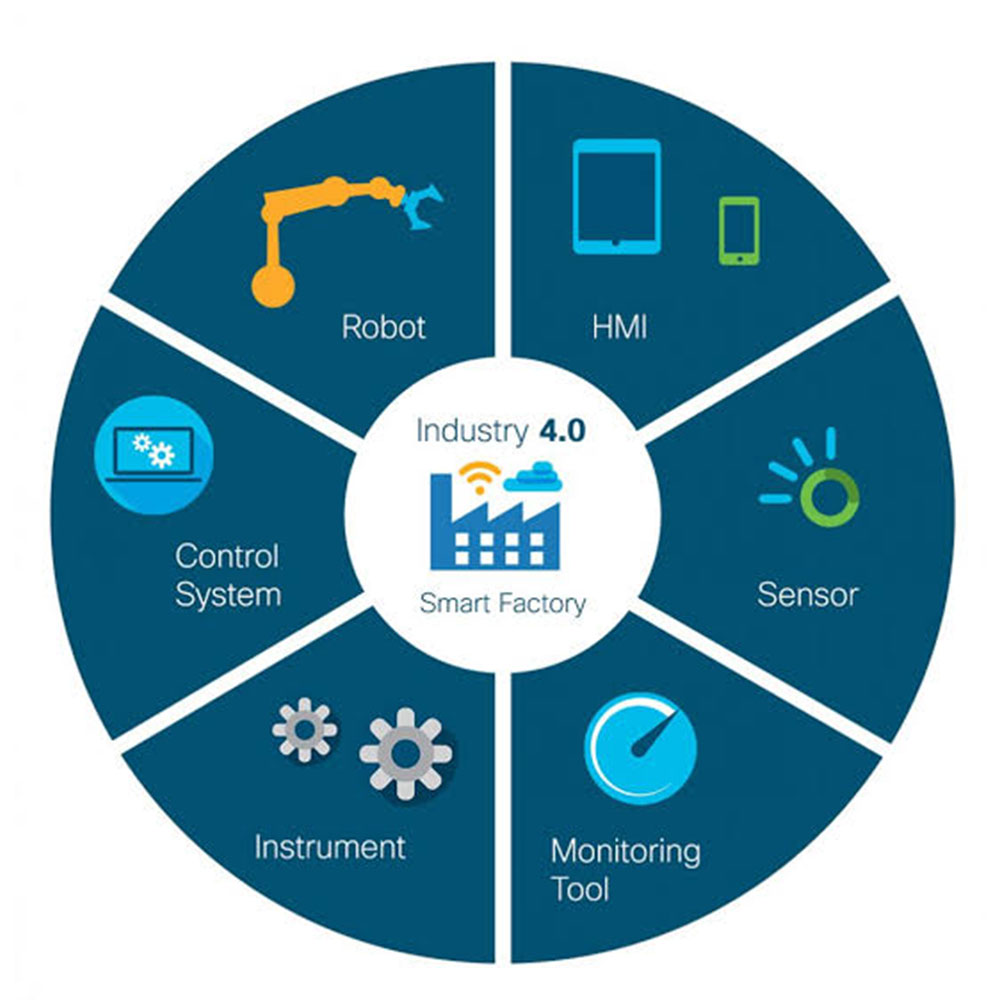
6 key benefits of industry 4.0
Industry 4.0 is the transformation of traditional industrial and manufacturing platforms into automated and interconnected systems capable of continuous autonomous improvement and automation.
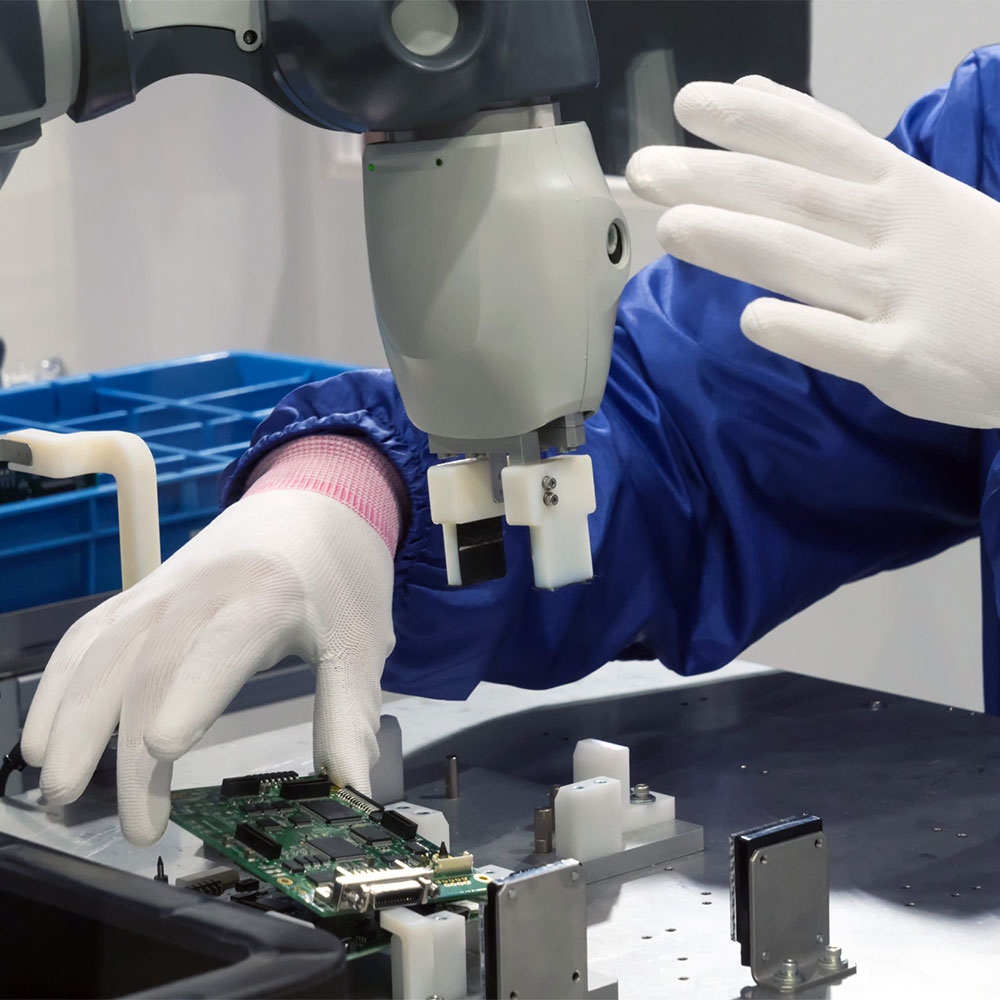
Adopting cobots - Collaborative robots
The use of collaborative robots (cobots), is expected to grow at astonishing rates in the future. They have been a game-changer in due to their ability to work side-by-side with humans.
Our experts are always available to answer all your questions. Feel free to write to us and get your queries answered.
About Labh Group
Labh Group is a leading engineering, technology, consulting and manufacturing conglomerate, working closely with diversified industries spanning across food processing, agriculture, plastics, chemicals, healthcare, packaging and other industries and business sectors offering complete turn-key solutions including advanced engineering, Industry 4.0 solutions, expert technical and management consultancy and Digital Transformation. From the most demanding to the most distant customers across the globe, we empower them for rewriting their future with our depths of knowledge, unique ideas, technical expertise, creative solutions and enduring results, all at the most optimal costs, right at their doorsteps!
